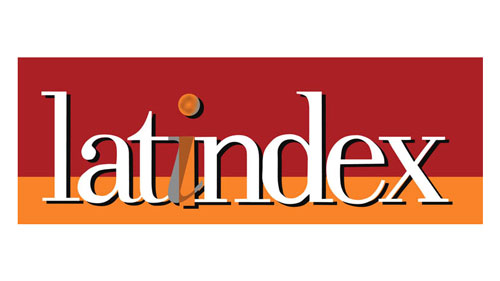A STUDY OF DICTIONARY USE IN CHINESE-ENGLISH TRANSLATION BY CHINESE EFL LEARNERS
Mots-clés :
dictionary use, Chinese-English Translation, Chinese EFL learnersRésumé
This study investigated, with a think-aloud protocol, how four college Chinese learners of English actually used dictionaries when doing L1-L2 (Chinese-English) translation. The research questions were: (1) What are the target lexical items for dictionary consultation?, (2) What types of dictionary do the subjects use?, (3) What are the purposes of dictionary use?, (4) How do the subjects utilize the dictionary information?, and (5) What is the effect of dictionary use? The main findings were: (1) most of the target lexical items for dictionary consultation were Chinese, most of which are difficult to express in English; (2) the use of the Chinese-English bilingual dictionary prevailed in the translation task; (3) searching for English equivalents of the Chinese lexical items was the primary purpose of dictionary consultation; (4) most expressions utilized in the subjects' target language translations were English definitions of the Chinese headwords in the dictionaries consulted, the typical means of utilizing the dictionary information was the direct transfer method, and the first-equivalent tendency was prevalent; (5) dictionary use showed a positive effect in terms of appropriateness of the expressions used in the subjects' translations.
Téléchargements
Téléchargements
Publié-e
Comment citer
Numéro
Rubrique
Licence

A Revista Horizontes de Linguística Aplicada de http://seer.bce.unb.br/index.php/horizontesla/index é licenciado sob uma Licença Creative Commons Atribuição-Uso não-comercial-Vedada a criação de obras derivadas 3.0 Unported.
- Autores mantém os direitos autorais e concedem à revista o direito de primeira publicação, sendo o trabalho simultaneamente licenciado sob a Creative Commons Attribution License o que permite o compartilhamento do trabalho com reconhecimento da autoria do trabalho e publicação inicial nesta revista.
- Autores têm autorização para assumir contratos adicionais separadamente, para distribuição não-exclusiva da versão do trabalho publicada nesta revista (ex.: publicar em repositório institucional ou como capítulo de livro), com reconhecimento de autoria e publicação inicial nesta revista.




